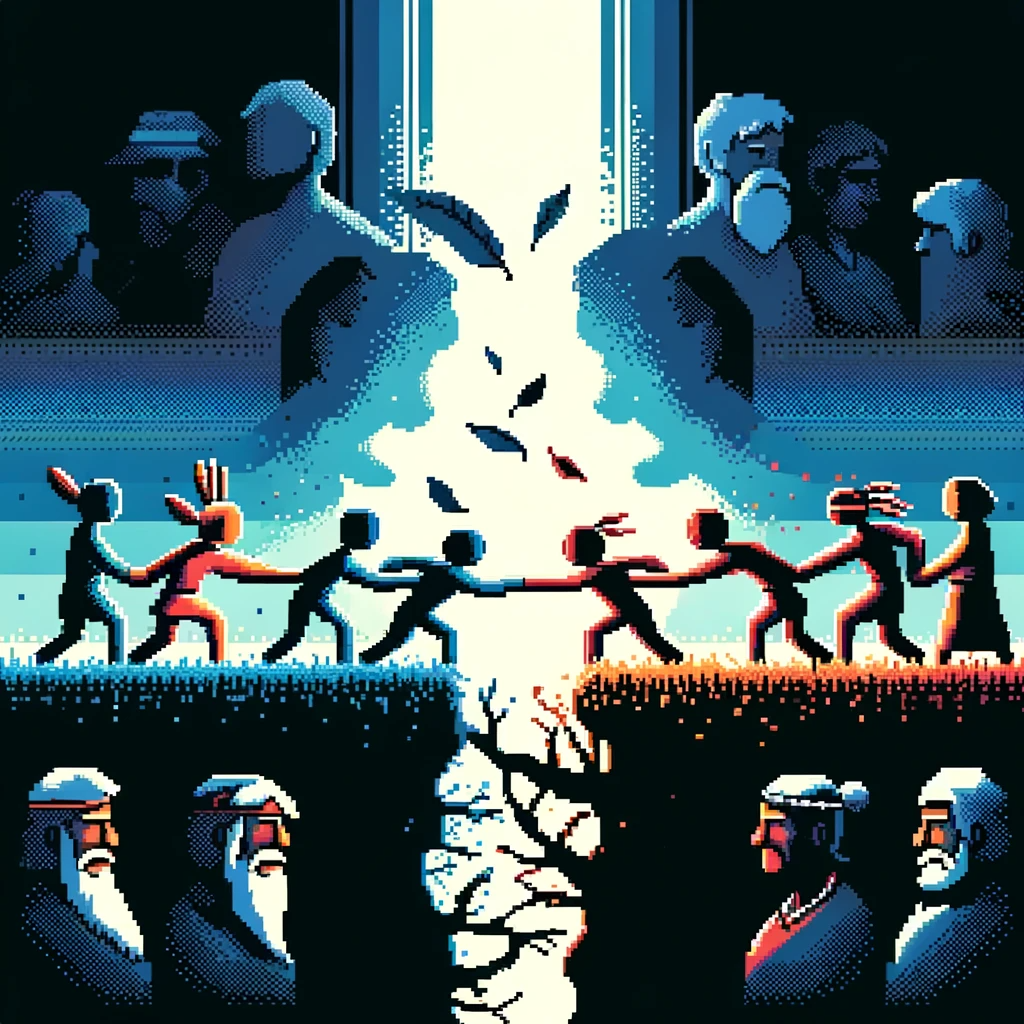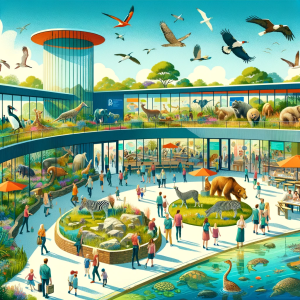
Understanding Empathy and Its Challenges Post-Genocide in Rwanda
Have you watched a soccer match recently and seen advertisements for “Visit Rwanda?” You know, that Rwanda. I was born in the early 80s, and for the longest time, Rwanda was associated with violence and death. Just a few short decades later, how did we get here?
The article On the Impact of the Genocide on the Intergroup Empathy Bias Between Former Perpetrators, Survivors, and Their Children in Rwanda,” published in the American Psychologist presents groundbreaking findings about how empathy is affected in post-genocide societies, specifically in Rwanda. This study is not just a mere academic exercise but has profound implications for everyone, particularly in understanding and facilitating post-conflict reconciliation and healing.
The Essence of the Study
At its core, the research explores how experiencing a genocide, like the one in Rwanda in 1994, alters people’s ability to empathize with others, especially those from opposing groups. This is crucial because empathy is the foundation of understanding and compassion towards others. The study goes further to examine if these changes in empathy extend to the children of those who directly experienced the genocide.
Key Findings for the Everyday Person
- Intergroup Empathy Bias: Both survivors and perpetrators of the genocide showed a reduced neural response, meaning their brains reacted less, to the pain of those from the other group. This phenomenon, known as the “intergroup empathy bias,” suggests that traumatic experiences can deeply affect our ability to empathize with ‘outgroup’ members, those we see as different from us.
- Generation Impact: Surprisingly, this empathy bias is not just limited to those who directly experienced the genocide. The children of both survivors and perpetrators also exhibited similar empathy biases, indicating that such biases can be passed down, shaping the attitudes and potentially the future of the next generation.
- Influence of Trauma: The study also found that more severe trauma experienced during the genocide correlates with a greater reduction in empathetic responses. This insight is pivotal in understanding the long-term psychological impacts of such conflicts.
Why This Matters to You
The findings of this study resonate far beyond Rwanda. They underline a universal truth about the deep psychological scars left by conflicts and the complexities in healing and reconciliation processes. In a world where conflicts, unfortunately, continue to arise, understanding these mechanisms is vital for peacebuilding efforts and fostering societal healing.
Healing and Hope
The study isn’t just about the challenges; it’s also about hope. It found that a deliberate decision to reconcile is linked to a higher empathetic response. This implies that active efforts towards forgiveness and reconciliation can potentially ‘rewire’ our empathetic responses, paving the way for healing and peaceful coexistence.
Conclusion
As we reflect on these findings, it’s essential to recognize the power of empathy and the need for intentional efforts to foster understanding and reconciliation in post-conflict societies. The study is a reminder that the journey towards healing is long but not impossible.



